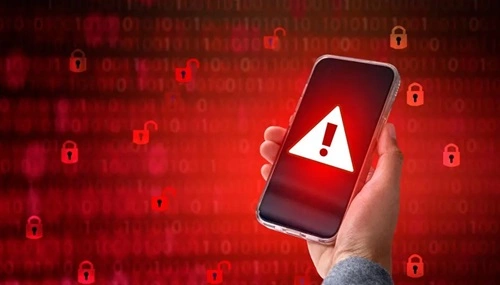Yes, hacking a phone is illegal under U.S. federal and state laws, as it constitutes unauthorized access to a protected device or network. Hacking involves accessing a device, its data, or its systems without the owner’s permission, and it is considered a serious crime with severe penalties. This article explains the legal framework surrounding phone hacking, the potential consequences, and recent developments in cybersecurity laws.
What Constitutes Phone Hacking?
Phone hacking refers to unauthorized access to a mobile device’s operating system, software, or data. It can include:
- Breaking into a phone to steal personal or financial information.
- Monitoring calls, texts, or other communications without permission.
- Installing malicious software (malware) to control the device remotely.
- Intercepting messages or eavesdropping on conversations using spyware.
Hacking is not limited to technical experts—it also includes social engineering techniques, such as tricking someone into revealing their passwords or downloading malware.
Federal Laws Addressing Phone Hacking
1. Computer Fraud and Abuse Act (CFAA)
The CFAA is the primary federal law used to prosecute hackers. Although written before smartphones existed, courts have interpreted the CFAA to include mobile devices. Under this law:
- Accessing a phone without authorization or exceeding authorized access is illegal.
- Penalties can range from fines to prison sentences of up to 20 years, depending on the severity of the crime.
2. Wiretap Act
The Wiretap Act prohibits intercepting or eavesdropping on electronic communications, including phone calls, texts, and emails, without consent. Installing spyware to monitor someone’s phone is a violation of this law.
3. Electronic Communications Privacy Act (ECPA)
The ECPA protects electronic communications and prohibits unauthorized access to devices, such as hacking into a phone to retrieve private messages or emails.
4. Identity Theft Laws
Hacking a phone to steal personal information, such as social security numbers or banking details, can lead to additional charges under federal identity theft laws.
State Laws on Phone Hacking
In addition to federal laws, most states have enacted their own anti-hacking statutes. These laws often mirror the CFAA but may include stricter penalties for hacking that results in significant harm, such as identity theft or financial fraud.
For example:
- California: The state’s Comprehensive Computer Data Access and Fraud Act criminalizes unauthorized access to electronic devices, including smartphones.
- Texas: State law imposes harsh penalties for hacking, with additional fines and imprisonment for targeting government devices or networks.
Consequences of Phone Hacking
1. Criminal Penalties
Phone hacking is a felony under federal law and in most states. Penalties may include:
- Fines ranging from hundreds of dollars to millions, depending on the scale of the hacking.
- Prison sentences ranging from a few months to 20 years for severe cases.
2. Civil Liability
Victims of phone hacking can sue hackers for damages, including financial losses, emotional distress, and legal fees. High-profile cases have resulted in multi-million-dollar settlements.
3. Reputational Damage
Even if hacking does not result in prosecution, it can lead to severe reputational harm for individuals or organizations involved.
Recent Legal Updates and Trends
As of 2024, governments and organizations are ramping up efforts to combat phone hacking:
- Biden Administration Cybersecurity Strategy: The administration has prioritized stronger enforcement of anti-hacking laws and increased penalties for cybercrimes.
- Ransomware Enforcement: Authorities are targeting hackers who use phones to launch ransomware attacks, with international cooperation to prosecute offenders abroad.
- Legislation on Spyware Tools: New laws are being proposed to regulate the sale and use of spyware, which is often used to hack phones.
Additionally, high-profile cases, such as Pegasus spyware being used to target journalists and activists, have sparked global discussions on tightening cybersecurity laws.
FAQs About Phone Hacking
Q1. Is it always illegal to hack a phone?
Ans: Yes, hacking a phone without the owner’s consent is illegal. The only exception is when it is done legally, such as by law enforcement with a valid warrant.
Q2. Can someone go to jail for hacking a phone?
Ans: Yes, hacking a phone is a felony under federal law, with potential prison sentences ranging from a few months to 20 years, depending on the severity of the offense.
Q3. Is it illegal to hack your own phone?
Ans: No, hacking your own phone (e.g., jailbreaking or rooting) is not illegal under federal law, but it may void warranties or violate terms of service agreements with the manufacturer or carrier.
Q4. What should I do if my phone has been hacked?
Ans: Immediately secure your accounts by changing passwords, enabling two-factor authentication, and contacting your service provider. Report the hacking to law enforcement if you suspect criminal activity.
Q5. Is installing spyware on someone else’s phone illegal?
Ans: Yes, installing spyware without the phone owner’s consent is illegal and can result in criminal charges under the Wiretap Act or other laws.


